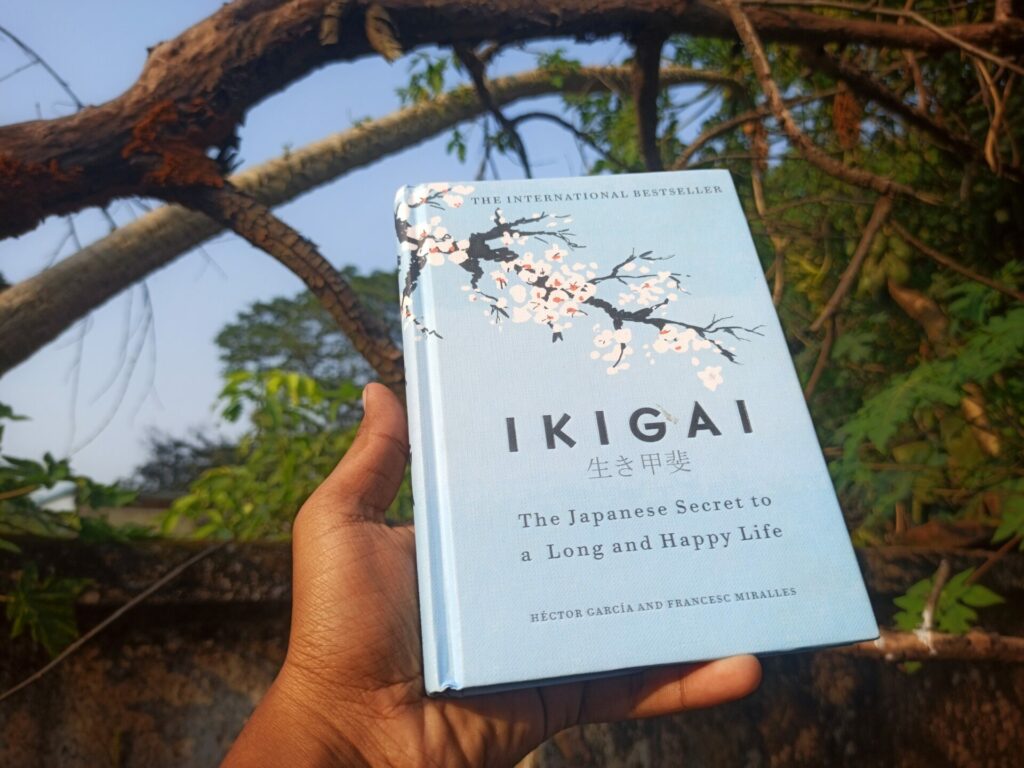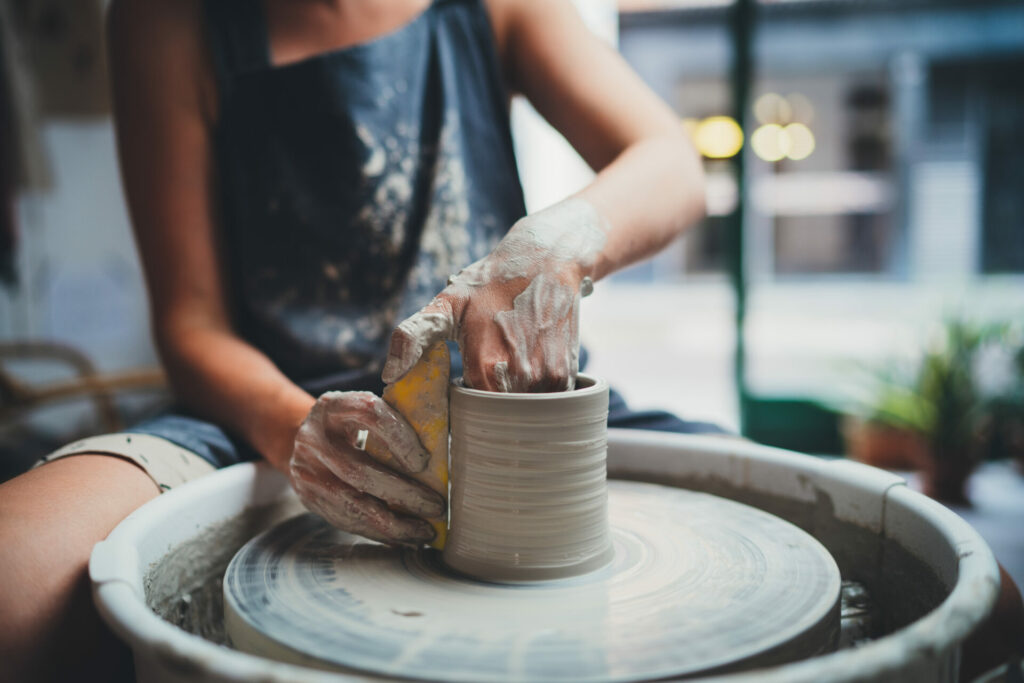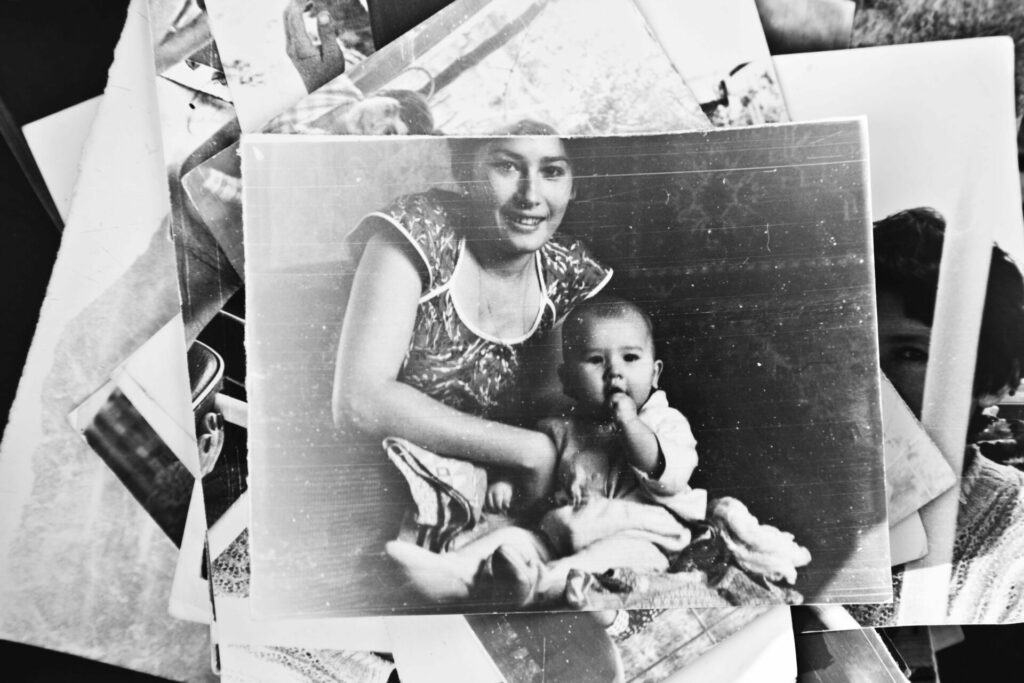Every morning, when Tess’s alarm goes off at 6.30am, she presses snooze and dozes off for another ten minutes. Often, there are a few more snoozes before she finally drags herself out of bed, ready to face the day.
‘It’s not so much that I’ve lost my mojo,’ says the 29-year-old nursery practitioner. ‘It’s more that I feel as if I haven’t found it yet. I function, but I’m surviving rather than flourishing. I do have nice times, even happy times, and I laugh with my colleagues and friends, but at the end of the day I feel as if I’m somehow on the wrong track in life. Something is missing and I don’t know what it is.’
Tess isn’t alone. Many people feel they’re not on the right path for them, but they’re not sure how to set about finding where they should be heading. Ask a group of people the question: ‘What’s your purpose on this planet?’ and few will answer with any sense of conviction. Despite the number of self-help books, TED talks and podcasts out there, we’re all still pretty much puzzled by the meaning of our lives and unsure about what we’re doing here.
But now a group of experts believe the recipe for a happy life lies within the Japanese philosophy of ikigai (pronounced icky guy). Made from two Japanese words, ‘iki’ meaning life and alive, and ‘kai’ which means effect, result or worth, together they represent what the French call our ‘raison d’être’ – our reason for living and being alive.

Not only are we happier, energised and more fulfilled, but when we practise our ikigai, we’re likely to live up to 12 years longer than people who haven’t yet figured their purpose out.
Finding A Purpose
In his book The Happiness Equation (Vermilion), Canadian author Neil Pasricha reveals how researchers from The National Geographic came across ikigai when they were studying the longevity of people in Okinawa, a Japanese island in the South China Sea.
‘Nothing is more important than having a purpose and doing something of value. It makes you excited, passionate and productive. When you hear of people who aren’t happy, often they’re lacking a sense of purpose’
On this island there were more people over 100 years old than anywhere else in the world and as they studied their lifestyle habits, researchers discovered the inhabitants don’t retire when they get older. They don’t even have a word for retirement – instead, they have their ‘ikigai’, the thing that drives them most. A deeper look into these people’s lives revealed those with an ikigai were more likely to be educated, employed and married, and certainly happier and less stressed.
For some people, their ikigai could be about helping people going through natural disasters, transporting food and supplies to war zones or mentoring young people to become leaders. Others might simply want to grow more organic vegetables, draw cartoons to make people laugh, do cookery demos, coach youngsters to play football, provide a home for stray dogs, design sustainable dresses or build computers.
‘Nothing is more important than having a purpose and going through life doing something of value,’ says author Neil. ‘It makes you excited, passionate and productive. When you hear of people who aren’t happy, you often find they’re lacking a sense of purpose.’

Mindfulness educator Lynette Tipper, founder of UAE-based Cocoon Coaching Solutions, adds: ‘Having a purpose means different things to different people, and yet we share a common need to get out of bed each morning and start the day with a sense of purpose – an intrinsic call to action to go the extra mile, come rain or shine.
‘Having a sense of purpose is good for your physical and mental wellbeing. It allows you to become more present in relationships. It improves your resilience to stress and guides you to focus on what matters most – living an authentic and impactful life aligned with your core values, needs, beliefs and goals.’
And as September is the perfect month to start new goals, now is the time to be open-minded, examine our lives, observe how things are going and how we operate, and try and find a better track for the future.
Life coach Talane Miedaner, who runs a global life coaching practice from Devon in the UK, explains ikigai can be different for everyone and while some people’s ikigai might be huge and world-changing, others can appear quite ordinary and low key. But whether ambitious or banal, when we live by our ikigai, we’ll radiate energy, enthusiasm and a zest for life. Forget pressing the snooze button, we won’t even need to set an alarm!

‘If you’re not living true to your purpose, you’ll be in an apathetic or depressed state, and you’ll probably be very unhappy,’ says US-born Talane, author of Coach Yourself to Success and Coach Yourself to a New Career (McGraw Hill).
So how do we look for our ikigai? Here at The Ethicalist we’ve rounded up some tips from the experts:
Question yourself
‘Start by asking yourself what you would do if money were no object,’ Lynette Tipper says. ‘What impact would you like to leave on the world? What would your ideal legacy be?
‘Approach ikigai with an open heart and mind, and think about a collection of activities, jobs, hobbies, relationships and rituals that bring joy into your life. Don’t slip into autopilot as you answer these questions. Stay mindful in the present moment.
‘Think about the following questions: What do you love? What matters to you? What can you get paid for? What are you good at?’
Ask Why
As an alternative to the four questions above, Neil Pasricha suggests we ask five whys, a problem-solving technique to find the cause and effect underlying an issue. Simply, we pinpoint something we love doing, like playing the piano or making pasta dishes, and ask why. Then ask why to each answer four more times.
‘If you love writing self-help books, ask why,’ he says. ‘Maybe you like helping people, so ask why. They may get tips for their own lives. Ask why again. You might like helping them get more efficient with their time so they can see their children more. Eventually you’ll find your ikigai is helping people spend more time with their families.’
Find Your Natural Talents
To identify what you excel at, there are two options – take a high-tech computerised assessment which Talane offers on her website www.lifecoach.com or do your own research.
‘This is all about how our brains are wired,’ explains Talane. ‘You may be the kind of person who can see things in 3D and could become a designer or architect, or you may have a natural musical ability.
‘One of my clients was a rock star, but he was tired of being on the road. When he delved deeper, he found he wanted to help people, so he retrained as a nurse!’
If you want to do a DIY assessment, Talane suggests you start by asking between five and ten friends who have known you a long time what your talents are.
‘The reason for this is we often don’t realise what we’re good at,’ she explains, ‘or we overlook a talent because we don’t see it as important. We might be brilliant at building computers, assembling furniture, comforting people in need or writing scripts.’
Alternatively, think back over what you loved doing as a child and translate it into a grown-up activity.
‘If you loved playing in mud, maybe try pottery,’ suggests Talane. ‘If you loved picking flowers, get some work in a florist shop and if you loved looking for treasure, consider antiques. A client who realised she played follow-the-cat as a girl went on to become an explorer.’
Identify your values
Look back at the peak experiences of your life and identify why they were so wonderful, suggests Talane.
‘If you loved spending a year in Spain, work out why it was such an amazing experience for you. It might be that you have values of adventure or travel. If seeing your child go to university was important for you, your value might be family or accomplishment or success.’
If you’re struggling with this one, Lynette Tipper recommends thinking of everything you hate! ‘Reverse the process and see which values are the flip side,’ she says. ‘For example, I hate bullying. So protection, support, compassion and loyalty are core values for me. They play a significant role in my ikigai formula and they are incorporated professionally and personally into my everyday life.’
Take on a project

Once you know your natural talents and values, find a project that expresses them.
‘If you have a musical talent, pick out an instrument and find a teacher,’ says Talane, ‘or if you like writing, enrol for a course. The more you get involved, the happier you’ll become and the more opportunities will come your way. One client who loved both flowers and pottery eventually had her own business doing flowers for weddings – she presented them in vases she’d made herself.’
Ikigai Card
Lynette suggests we use a journal for daily self-reflection to work inside-out, while Neil Pasricha advocates using an ikigai card – an index card with his ikigai written on, which he keeps by his bed.
‘When I wake up, I gather my thoughts and then I look at my little cue card,’ he says. ‘On it, I have written: ‘To help people live happy lives.’
‘That’s my purpose and that’s a wonderful feeling. It energises me. With an ikigai card when you wake up, you know where you’re going and that makes us happy.’













